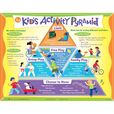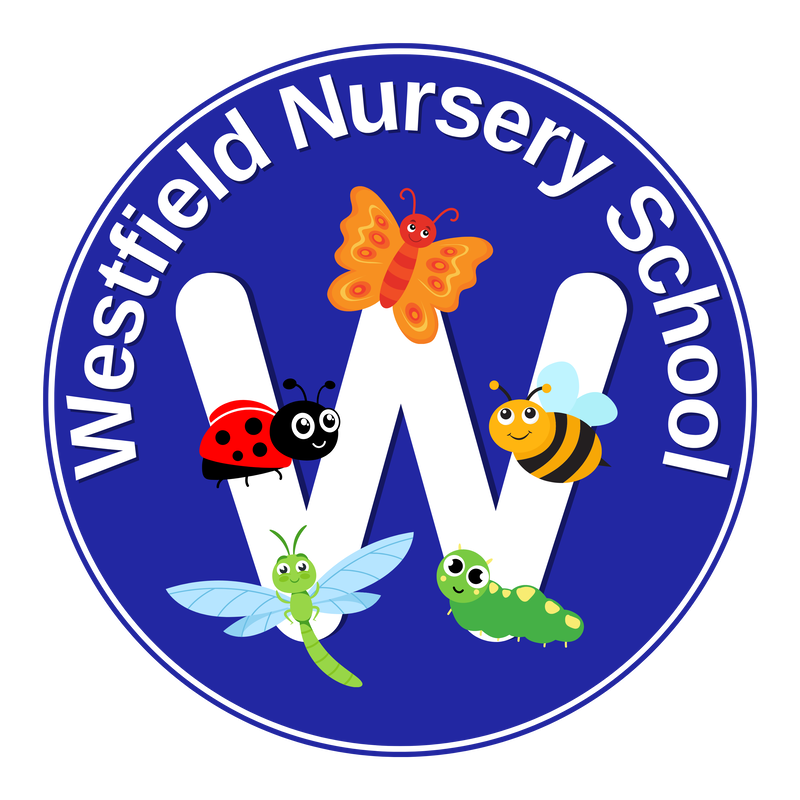
Westfield Nursery School
Westfield Road Dunstable Bedfordshire LU6 1DL Tel: 01582 608650 Email: [email protected] Head Teacher - Mrs Elizabeth Collins |
PHYSICAL DEVELOPMENT

Physical activity is vital in children’s all-round development, enabling them to pursue happy, healthy and active lives.
Gross and fine motor experiences develop incrementally throughout early childhood, starting with sensory explorations and the development of a child’s strength, co-ordination and positional awareness through tummy time, crawling and play movement with both objects and adults. By creating games and providing opportunities for play both indoors and outdoors, adults support children to develop their core strength, stability, balance, spatial awareness, co-ordination and agility. Gross motor skills provide the foundation for developing healthy bodies and social and emotional well-being. Fine motor control and precision helps with hand-eye co-ordination which is later linked to early literacy.
Repeated and varied opportunities to explore and play with small world activities, puzzles, arts and crafts and the practise of using small tools, with feedback and support from adults, allow children to develop proficiency, control and confidence.
Gross and fine motor experiences develop incrementally throughout early childhood, starting with sensory explorations and the development of a child’s strength, co-ordination and positional awareness through tummy time, crawling and play movement with both objects and adults. By creating games and providing opportunities for play both indoors and outdoors, adults support children to develop their core strength, stability, balance, spatial awareness, co-ordination and agility. Gross motor skills provide the foundation for developing healthy bodies and social and emotional well-being. Fine motor control and precision helps with hand-eye co-ordination which is later linked to early literacy.
Repeated and varied opportunities to explore and play with small world activities, puzzles, arts and crafts and the practise of using small tools, with feedback and support from adults, allow children to develop proficiency, control and confidence.
| Physical Development Policy | |
| File Size: | 84 kb |
| File Type: | |
HOW YOU CAN HELP
Physical Play
-Blow up a balloon- play balloon badminton using a flat hand.
-Make a balance beam and practice walking along.
-Make your own lacing cards. (Make some holes in a piece of card and thread a shoelace.)
-Go for a walk and collect some leaves/ petals. Once home make a pattern/ picture.
-Play hopscotch.
-Practice throwing and catching. (Use a ball or bean bag or make a ball with a ball of socks!)
-Enjoy a disco!
-Blow up a balloon- play balloon badminton using a flat hand.
-Make a balance beam and practice walking along.
-Make your own lacing cards. (Make some holes in a piece of card and thread a shoelace.)
-Go for a walk and collect some leaves/ petals. Once home make a pattern/ picture.
-Play hopscotch.
-Practice throwing and catching. (Use a ball or bean bag or make a ball with a ball of socks!)
-Enjoy a disco!
GUIDELINES ON PHYSICAL ACTIVITY

World Health Organisation (WHO) guidelines on physical activity & sleep for young children
Aged two
No more than one hour of sedentary screen time. Less is better
180 minutes of daily physical activity
Between 11 and 14 hours of sleep – including naps
Aged three to four
No more than one hour of sedentary screen time. Less is better
180 minutes of daily physical activity
Between 10 and 13 hours of sleep – including naps
Aged two
No more than one hour of sedentary screen time. Less is better
180 minutes of daily physical activity
Between 11 and 14 hours of sleep – including naps
Aged three to four
No more than one hour of sedentary screen time. Less is better
180 minutes of daily physical activity
Between 10 and 13 hours of sleep – including naps

